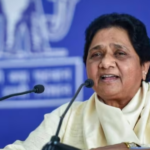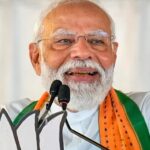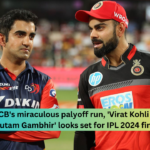Today, the streets surrounding the Prime Minister’s residence are slated to witness a surge of activity as the Aam Aadmi Party (AAP) prepares to stage a protest. This move by the AAP marks another chapter in the ongoing political dynamics within the Indian capital. As the city braces for this demonstration, traffic restrictions have been put in place to manage the anticipated influx of protestors and ensure the smooth functioning of vehicular movement in the area.
The decision by the AAP to protest outside PM Modi’s residence underscores the party’s determination to address pressing issues and hold the government accountable. At the heart of this protest lie various grievances, ranging from economic policies to social justice concerns. The AAP’s mobilization of supporters reflects a broader sentiment of dissent and calls for change resonating across the nation.
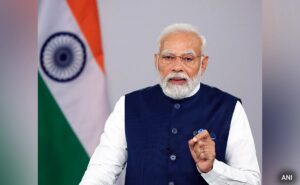
One of the key issues likely to be highlighted during the protest is the economic impact of recent government policies. The AAP has been vocal in its criticism of economic measures perceived as detrimental to the interests of the common man. From inflation to unemployment, concerns about the financial well-being of citizens have galvanized support for the party’s cause.
Additionally, the protest serves as a platform for the AAP to amplify its stance on social justice issues. In a country as diverse as India, questions of caste, religion, and identity often intersect with broader political discourse. The AAP’s commitment to social inclusivity and equality resonates with many who feel marginalized or disenfranchised by prevailing power structures.
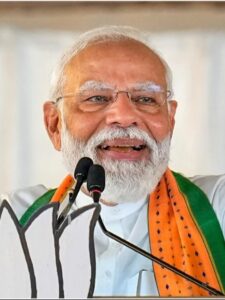
As the protest unfolds, it is essential to consider the broader implications of such demonstrations on the democratic fabric of the nation. Peaceful protests serve as a cornerstone of democracy, allowing citizens to voice their grievances and demand accountability from elected representatives. However, the manner in which protests are conducted and the response of authorities play a crucial role in shaping public perception and maintaining law and order.
Traffic restrictions imposed in anticipation of the protest are aimed at mitigating disruptions and ensuring the safety of commuters. These measures, while inconvenient for some, are a necessary component of managing large-scale gatherings in urban areas. By implementing traffic diversions and deploying additional personnel, authorities seek to strike a balance between facilitating democratic expression and upholding public safety.
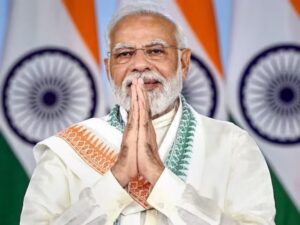
Beyond the immediate impact on traffic flow, the protest underscores broader tensions within Indian politics. The AAP’s decision to target the Prime Minister’s residence symbolizes the clash of ideologies and power dynamics inherent in a multi-party democracy. While protests are a legitimate form of political expression, they also highlight the polarization and division that characterize contemporary Indian politics.
In conclusion, the AAP’s planned protest outside PM Modi’s residence today serves as a stark reminder of the complexities and challenges facing Indian democracy. As citizens exercise their right to dissent, authorities must ensure that public safety is maintained, and the rule of law upheld. Ultimately, the protest is not merely a demonstration of political allegiance but a testament to the enduring spirit of democratic engagement in India
ALSO READ : PM MODI CHATS WITH REKHA PATRA, THE BJP’S BASIRHAT LOK SABHA CANDIDATE AND SANDESHKHALI VICTIM.




